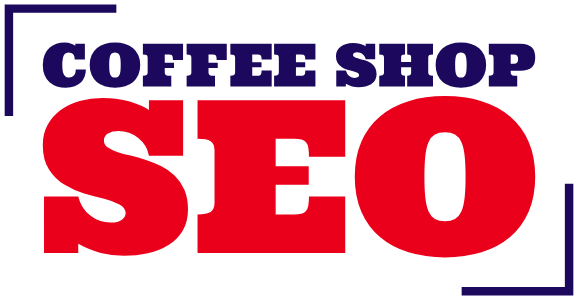COFFEE SHOP SEO
Contact us
SEO Analytics & Reporting
Understanding SEO Analytics
SEO analytics is the process of collecting, tracking, and analyzing data related to your website’s performance in search engines. It helps you understand how users find your site, what content performs best, and which keywords are driving traffic. Without analytics, you’re essentially navigating SEO blindly—making assumptions instead of data-driven decisions. This can lead to wasted efforts and missed opportunities.
By leveraging SEO analytics tools such as Google Analytics, Google Search Console, and third-party platforms like SEMrush or Ahrefs, you can uncover valuable insights about user behavior, bounce rates, organic click-through rates, and keyword rankings. For coffee businesses, understanding how local customers are finding your website—through branded searches, location-based queries, or blog content—can inform smarter marketing strategies.
Setting Clear SEO KPIs
To make your analytics meaningful, it’s crucial to set clear SEO Key Performance Indicators (KPIs). These might include organic traffic growth, conversions from organic search, time on page, mobile performance, or improvements in keyword rankings. Without predefined metrics, it’s difficult to measure success or prove the value of your SEO efforts.
When managing SEO for a café or coffee-focused business, KPIs might also include increases in local map views, calls from your website, directions requests via Google Business Profile, or engagement on location pages. Tracking these specific actions helps you understand whether your SEO strategy is not only bringing traffic but also encouraging meaningful customer actions.
Brew Success With Every Search
Reporting for Strategy & Decision-Making
SEO reporting transforms raw analytics data into actionable insights. A strong report doesn’t just list metrics—it highlights what’s working, what’s not, and where to focus your attention next. Reports help marketers, business owners, and SEO professionals stay aligned and agile in their decision-making.
Site speed and mobile responsiveness are two more technical factors that play a crucial role in on-page optimization. If your website loads slowly or is difficult to navigate on a mobile device, users are likely to leave, which increases your bounce rate and negatively impacts your rankings. Regular SEO reports should include traffic sources, keyword performance trends, top-performing content, backlink health, and technical issues discovered during crawls. For café owners, a good SEO report might also show how blog posts are contributing to search visibility, how local SEO efforts are improving rankings for “coffee near me,” and which landing pages are converting best.
Using Data to Improve Future Results
Once you’ve analyzed and reported on SEO performance, the next step is optimization. Your analytics data should directly inform future strategies—from content creation and keyword targeting to improving site speed or fixing technical errors. This cycle of testing, measuring, and refining is the foundation of long-term SEO growth.
Consistency across your website in terms of style, structure, and SEO strategy also helps reinforce your brand identity and trustworthiness. For example, if you notice that a blog post about coffee brewing methods is driving high engagement, you can create more content around similar topics. If local keyword rankings are stagnating, you can adjust your backlink strategy or improve your Google Business Profile. In short, effective SEO analytics and reporting allow you to continuously improve your website’s performance in a competitive search environment.
Testimonials





